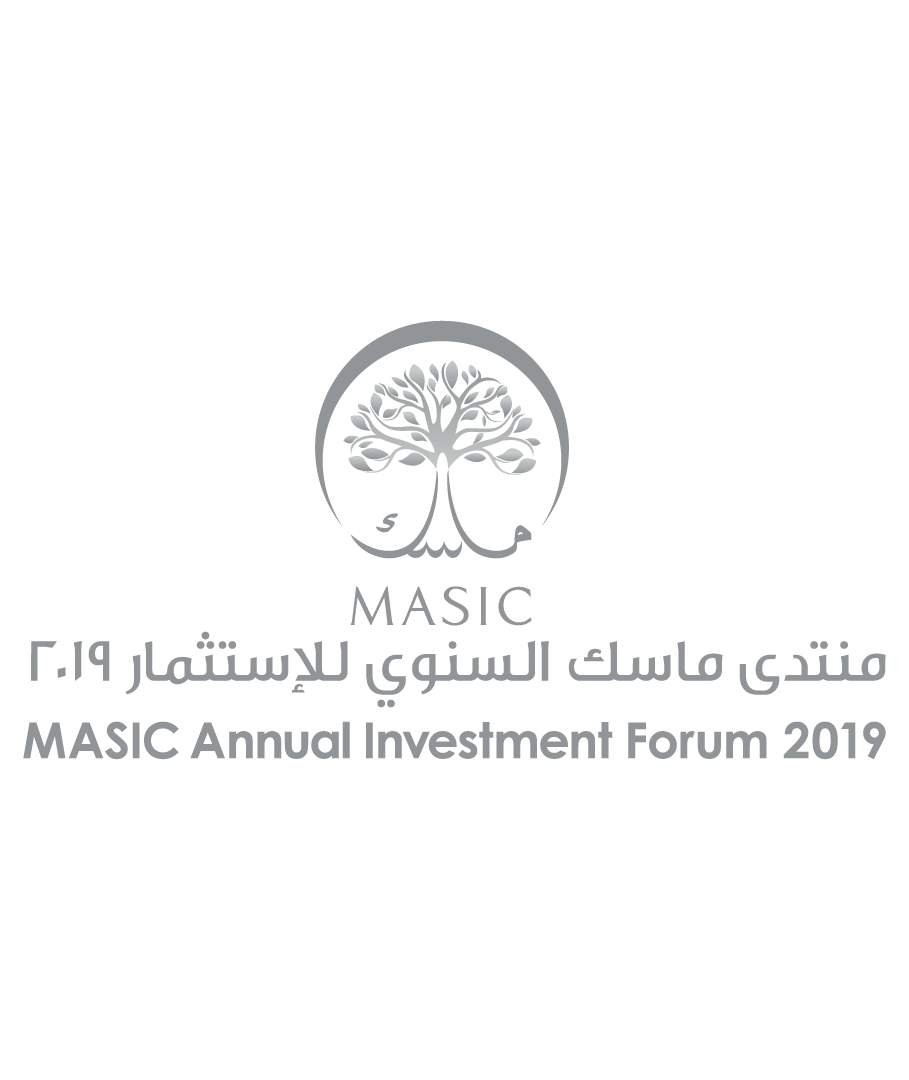

The electoral success of the Brexit campaign and the seismic US presidential elections in 2016 were closely followed by a sizeable increase in votes and seats for populist political parties across several European countries in 2017. On both sides of the Atlantic, rising anti-globalisation sentiment and support for protectionist policies has disrupted conventional public discourse. While the current rise in populist politics can be overstated, these political parties have entered government coalitions in eleven Western countries and the reverberations are being felt around the world.
Whereas the political landscape is in a state of flux, markets have remained buoyant. Outlook for global growth is positive, with better than predicted growth for both advanced and emerging economies. While financial markets reached all-time highs in 2017, many policymakers are concerned that populist and protectionist measures to restrict trade, immigration, and globalisation could lead to stagflation and become detrimental for economies in the long-term.
The key question for world leaders is whether the current break-out in growth and market optimism can be sustained while populist and protectionist policies are on the political agenda in many Western countries? What will a world led by populist governments mean for long-term growth, stability, and investment flows? The twelfth edition of the MASIC Annual Investment Forum will provide a diverse range of political, economic, investment, and regional perspectives on this increasingly important issue within the kaleidoscope of international affairs.